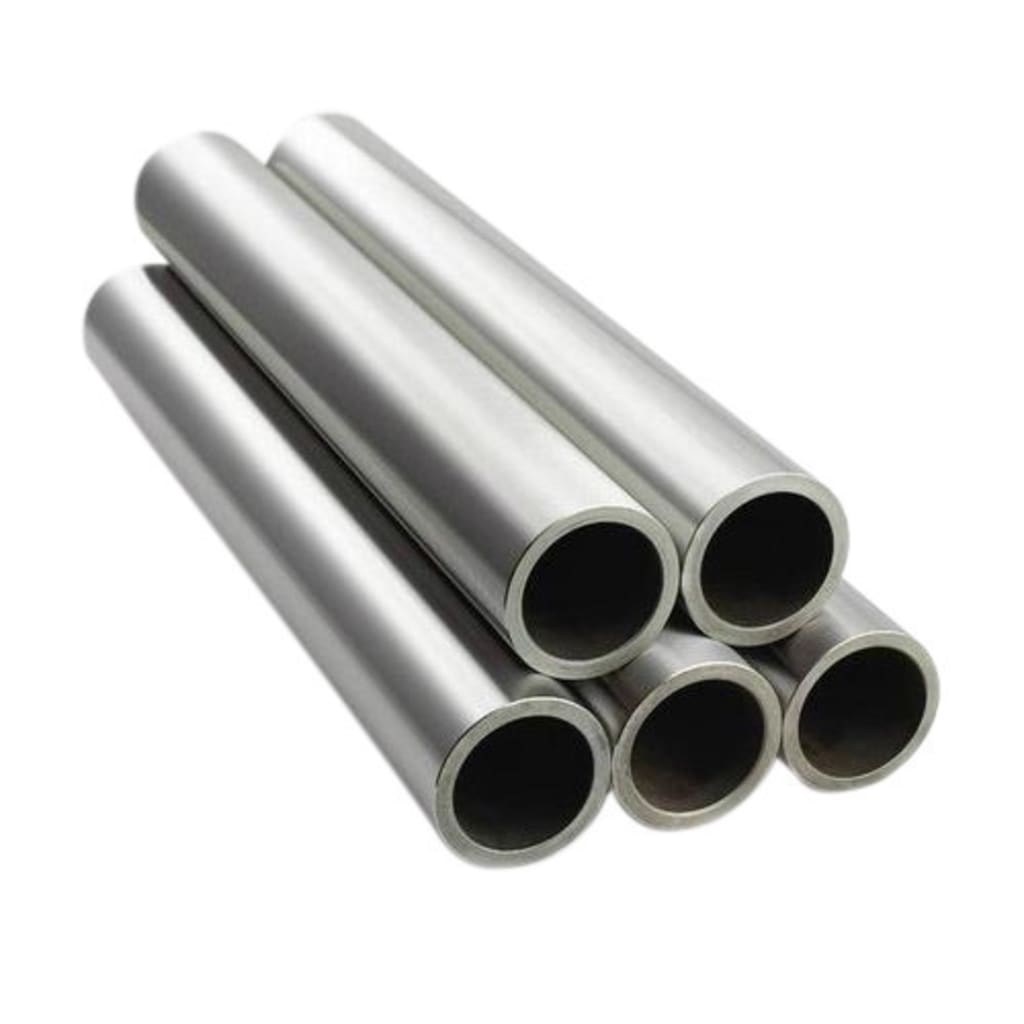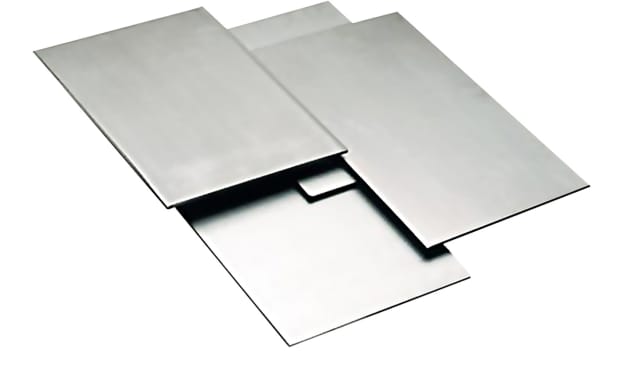
What do you mean by Alloy Steel?
Alloy the name simply suggests that it is a mixture of some metals altogether. Now there are certain properties in Alloy Steel which is not present in many other metals or alloys. Alloy Steel is a significant material for many industries because of its low price, easy availability, easy fabrication, and superior mechanical property. the metals that are combined to form an Alloy Steel are Manganese, Nickel, Copper, Silicon, Titanium, Chromium, and Aluminum in a certain proportion. The proportions of these metals are what matter the most because each metal in a particular ratio attributes to the property of Alloy Steel. The ratio of each metal are Chromium- 0.5- 18%, Manganese- 0.25-13%, Nickel- 2-20%, Copper- 0.1-0.4%, Aluminum- 0.95-1.30%, etc. Alloy Steel has properties like good strength, hardness, toughness, wear resistance, corrosion resistance, hardenability, and hot hardness.
What is Alloy 20 Pipe?
The Pipe is a piping instrument used for conveying any water, gas, or liquid from one place to another or refinery. The Pipes are of two types Seamless and Welded. The welded pipe as the name resembles is properly welded longitudinally. The welded pipe is made of coils which are formed into circular shapes and welded. The seamless pipe at first is a long solid piece of metal that is pierced through a mandrel hence making a pipe that is rolled and cooled for a long time to keep it intact.
The Alloy 20 is a grade of Alloy with similar features however slight differences in chemical composition. The Alloy 20 is comprised of Nickel 32-38%, Chromium between 19-21%, Carbon is 0.06%, Copper is at 4%, Molybdenum 3%, Manganese 2%, etc. The Tensile Strength of Alloy 20 is 620 MPa and 89900 psi, Yield Strength is 300 MPa and 43500 psi, elongation of 41%. The benefit of the Alloy 20 pipe is that it is durable enough to last long through any conditions and environment. It is Rust and Corrosion-proof due to the Nickel and Molybdenum in it. The pipes are made with accurate edges and shapes so they can be installed easily.
Applications of Alloy 20 Pipes
The basic application of an alloy 20 pipe is done for water supply, construction, Utilities, and Sewage. Alloy 20 is the very first choice of people when it comes to pipes. It is widely used because of its strength and durability. The Alloy 20 pipes do not react to any chemical or substance so it used in chemical and oil or gas industries for moving the product from one place to another conveniently. Alloy 20 must be annealed at a temperature of 1725°F to 1850°F for 30 minutes per inch of thickness. Heat the alloy to 2100°F to reduce the hardness, but this may compromise the alloy's stability.
Traditional cold-work and hot-work methods can be used to form Alloy 20. Heating hot forged material between 2100°F and 2250°F with careful temperature control is required. It also ensures that the material does not cool below 1800 degrees Fahrenheit before being forged. After hot working, anneal the materials by heating them to 1725°F or 1850°F for at least 30 minutes per inch of thickness, then quenching them in water.
Industries like Food and Beverage depend on Alloy 20 a lot for its property of preventing any leakage and contamination, this industry also uses Alloy 20 vessels for storing the products but all of it needs to be washed regularly because sanitation is a prime consideration in the food and beverage and medical device industries. Some major industries that regularly use Alloy 20 pipes are Textile Machinery, Chemicals, Fertilizers, Dairy and Food Processing, Power Plants, Pesticides, Construction, Modern Architecture, Pharmaceuticals, Sugar, Oil, and Gas Processing.






Comments
There are no comments for this story
Be the first to respond and start the conversation.